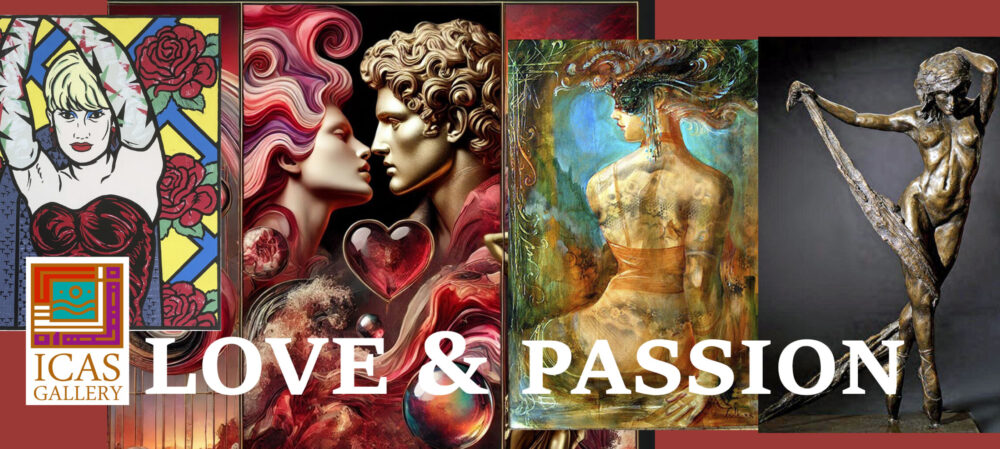The Storytelling and Secret-Keeping Art of African Masks
 There is much to be said about African masks. Today, we will share some exciting facts about these stunning pieces, which hold many hidden stories. African masks are both storytellers and keepers of secrets. We still have much to learn about this tradition, but these traditions are fading, and so too is the rich cultural tapestry of the continent. Masks have many stories to tell, and they will never give up their secrets.
There is much to be said about African masks. Today, we will share some exciting facts about these stunning pieces, which hold many hidden stories. African masks are both storytellers and keepers of secrets. We still have much to learn about this tradition, but these traditions are fading, and so too is the rich cultural tapestry of the continent. Masks have many stories to tell, and they will never give up their secrets.
Historical Context and Significance
African mask carving is a tradition of cultural, religious, and social significance. Masks are integral to ceremonies, rituals, and community events, symbolizing ancestral spirits, deities, or mythological figures. They play crucial roles in rites of passage, initiation ceremonies, funerals, and celebrations. Crafted from wood, bronze, copper, ivory, and textiles, each mask is created with careful attention to detail and cultural meaning.
Reasons for Production and Symbolism
- Rituals and Ceremonies: Masks facilitate communication with the divine during initiation ceremonies, marking the transition to adulthood.
- Ancestral Worship: Masks honour and appease ancestors, who are believed to offer protection and blessings.
- Mythological Representation: Masks represent mythological beings, teaching moral lessons and preserving cultural heritage.
- Fertility and Harvest: Fertility is used in rituals to invoke nature spirits for bountiful harvests.
- Social Order and Justice: Masks legitimize the authority of judicial figures and secret societies in maintaining order.
Techniques and Styles
Carvers use traditional tools and techniques passed down through generations. Styles vary across regions:
- Yoruba (Nigeria): Elaborate masks for the Egungun festival.
- Dogon (Mali): Angular designs for Dama ceremonies.
- Baule (Ivory Coast): Elegant masks for the Goli festival.
- Kuba (Congo): Known for intricate masks used in initiation and funeral rites.
- Chokwe (Angola, Congo, Zambia): They are recognized for their detailed masks representing ancestors and fertility.
- Makonde (Tanzania, Mozambique): Famous for face masks used in mapiko dance rituals.
- Zulu (South Africa): Masks used in ceremonies to communicate with ancestral spirits.
Influence on Modern Art
In the late 19th and early 20th centuries, African masks profoundly impacted modern art, influencing movements like Cubism, Fauvism, and Expressionism. European artists admired African masks’ abstract forms, bold lines, and expressive qualities.
Key Artists Influenced by African Masks
- Pablo Picasso: Influenced by African masks seen at the Trocadéro Museum, leading to the development of Cubism (“Les Demoiselles d’Avignon”).
- Henri Matisse: He incorporated bold lines and simplified forms into his work.
- Amedeo Modigliani: Inspired by the stylized features of African masks in his portraits and sculptures.
- Georges Braque: Used fragmented forms and abstraction influenced by African masks.
- Paul Klee: Explored symbolic and mystical themes inspired by African art.
East and Central African Tribes and Their Masks
- Congo (Kuba, Chokwe, Luba, Pende)
- Kuba: Known for their elaborate, beaded masks used in initiation rites.
- Chokwe: Create detailed masks representing ancestors, which are used in ceremonies for fertility and initiation.
- Luba: Masks often depict female figures, emphasizing beauty and moral values.
- Pende: Known for their distinctive masks used in healing rituals and social control.
- Kenya (Kikuyu, Maasai, Kamba)
- Kikuyu: Masks used in initiation ceremonies, representing spirits and ancestral figures.
- Maasai: While more renowned for their beadwork, Maasai masks are used in rituals to connect with the spiritual world.
- Kamba: Known for wooden masks used in dances and rituals to communicate with ancestors.
- Zambia (Chewa, Lozi)
- Chewa: Famous for the Nyau masks used in secret society rituals and initiation ceremonies.
- Lozi: Masks used in cultural festivals to tell stories and pass down traditions.
- South Africa (Zulu, Xhosa)
- Zulu: Masks used in ceremonial dances to honour ancestors and seek their guidance.
- Xhosa: Known for face masks used in initiation ceremonies, symbolizing the transition to adulthood.
Legacy
African masks significantly influenced Western art movements and fostered an appreciation for African cultural heritage. They continue to be celebrated for their aesthetic qualities and cultural significance. As these traditions fade, the stories and secrets held within these masks remain a testament to Africa’s rich cultural tapestry.


